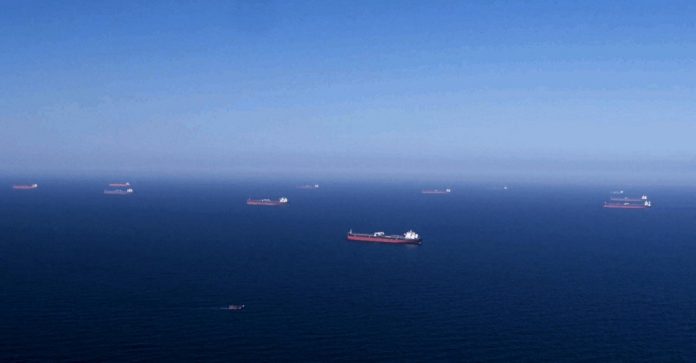JEDDAH: Daily exports of Saudi crude oil to the US recently fell to their lowest level in three decades, with industry experts putting the drop down to increased demand from Asia and a change in the energy dynamic between the two countries.
Data from the US Energy Information Administration (EIA) showed that two weeks ago 73,000 barrels per day (bpd) were shipped from the Kingdom to American refineries.
The figure represents the lowest daily amount on record since June 2010. However, going by monthly figures, it would also be the least since 1985 when Saudi imports fell to zero for several months as part of a price war.
Saudi Arabia has 16 percent of the world’s proved oil reserves and is the largest exporter of total petroleum liquids in the world. According to the EIA, in 2012 the Kingdom became the second-largest petroleum exporter to the US, surpassing Mexico, but still behind Canada.
EIA data showed that May 2003 was when Saudi exports to the US hit the highest level, with 2,244,000 bpd, followed by May 1991 (2,053,000 bpd), April 2003 (2,024,000 bpd), August 1991 (1,964,000 bpd), and June 2003 (1,921,000 bpd).
Dr. Bassam Fattouh, director of the Oxford Institute for Energy Studies, told Arab News it would be too simple to assume that the recent slump in oil exports was to do with US President Donald Trump losing the recent presidential election.
He pointed out that oil was a highly liquid global market and crude reserves would flow to where they were most needed and to where exporters could capture the highest value. “This is regardless of who the US president is,” he said, adding that increased Asian demand was also a big factor.
“While the rise in virus cases in the US are causing a slowdown in demand, and refineries have been running below their norms, crude demand in Asia has been strong and this has been reflected in the strong differentials especially for sour crudes destined to Asian refineries.”
Energy and oil marketing adviser Faisal Faeq, who previously worked for OPEC and oversaw the US market when he was employed by Saudi Aramco, said that the latest slump was unlikely to be long-term as American refineries were configured to process Saudi medium sour crude grades.
Some observers have been quick to point that the US is becoming more energy independent by developing shale, but Faeq believed this was not the case.
“It is not about the US being independent in crude after the shale revolution as Saudi Aramco still owns the largest oil refinery in North America, and the latest developed and the most sophisticated, which is located in Port Arthur, Texas with a crude capacity of more than 600,000 barrels per day.”
While the number of barrels being shipped has been in slowdown, Faeq highlighted that the US-Saudi energy partnership was bigger than just oil and was increasingly “more involved now in renewable industry, energy technologies, US upstream and downstream companies that deal with Saudi Aramco and still handle various important projects in the industry.”


